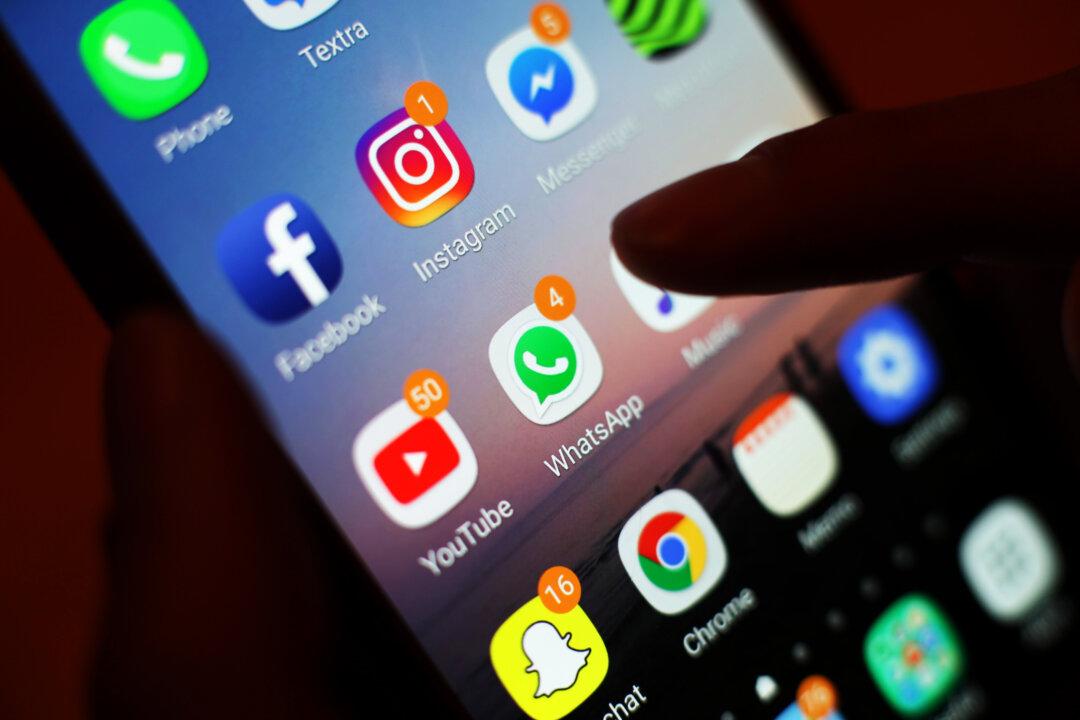The UK government has claimed it won’t use powers in the Online Safety Bill to scan messaging apps for harmful content after saying the technology to do it doesn’t yet exist.
Lawmakers have said that a clause in the upcoming online safety laws that would have allowed regulators access to private messages sent using end-to-end encryption won’t be enforced.





